Why Singing Lessons Sometimes Don’t Work
Inside this video, find out why the problem may be with your teacher!
Often we blame ourselves if we’ve taken voice lessons but still can’t sing like we want to.
Even more often, since we don’t know what is possible, we don’t know…. what is possible.
If you don’t know that you can actually sing higher, or get a stronger less breathy sound, or eliminate the crack or break, then voice lessons too often just reinforce our ignorance about our voices.
We continue not knowing what’s possible. We go to voice lessons to have our teacher tell us what is possible with our voices, what we should be able to accomplish as a singer.
If the teacher doesn’t know how to identify the specific problems in your voice and fix them, then they don’t know what’s possible with your voice and you never learn your true potential! You continue not knowing what is truly possible with your voice!
Your Singing Teacher Must Know the Problems in Your Voice
If you don’t know the problem, you don’t know the solution and the success that awaits you!
For example:
I took voice lessons in high school so I could improve my voice. I didn’t know exactly what my problems were. The fact of my voice was I couldn’t sing very high and I had no vibrato. I learned this by comparisons to my friends who could sing higher and they did have vibrato.
I didn’t know I could sing much higher than I was doing. I didn’t know I could develop vibrato.
My teacher had her masters degree in singing from a university. She recorded an album. She was a great singer. She had everything I thought I needed in a teacher.
But after 2 ½ years of voice lessons, I couldn’t sing any higher than before, and I had zero vibrato in my voice. I still didn’t know it was possible to do both!
In fairness to her, she did no harm. She helped me breath from the diaphragm and I think my confidence and tone improved somewhat.
Because I didn’t know what was possible with my voice….that I could sing higher…much higher and with vibrato…I continued believing I wasn’t capable. I continued believing that I simply wasn’t born with the abilities others had to be a really good singer.
I believed my genetics were the cause of my limitations as a singer. My lack of singing progress in my voice lessons reinforced this error in my belief about my voice.
My teacher wasn’t negligent. She wasn’t being mean by withholding important information. She actually didn’t know either.
But she didn’t know she didn’t know, so I thought there was something wrong or incomplete with me.
The Problem with Gifted Singers Who Teach Singing Lessons
This is often the problem with gifted singers who start teaching, who were born with a gift to sing. Because they’ve never had to overcome real limitations in their singing voice, they don’t know how to teach students who do have some limitations…like I did.
There was a very popular professional singer where I live who had a remarkable voice. He had been on broadway and now performed in regional professional productions. He also taught some voice lessons.
His accompanist told me his lessons were essentially telling the student to: “Do it like this”. He’d sing and would try and get the student to mimic his sound. That’s how he taught others…”Do it like I do it!” Imagine how you would feel as a student if you couldn’t make the sound the teacher was demonstrating? It reinforces your belief you can’t do it…that you are limited.
Your own voice teacher can contribute to building a false belief about your voice, that you can’t learn to sing really well!
A Degree Does not make a Good Singing Teacher
Have you had singing teachers who had university singing degrees, who knew all kinds of music and genre’s, who played the piano really well, who were fantastic singers, who were well known with great reputations but when you were done studying with them you still had the same basic problems? (And you did practice and put in the time?)
Your teacher’s’ failure reinforces your belief about your voice that you can’t do it. That you don’t have the right size vocal cords, or the right head structures, or the right lungs, or an ear for music…or whatever.
The teachers aren’t doing it on purpose, generally. It’s that they haven’t been taught, or they’re not open minded to being taught how to do it or they don’t realize there is a way to help you. Too often they are just guessing with exercises and hoping something works. If it doesn’t you feel like you’ve failed.
Obviously this is not true with every teacher. There are teachers out there who know how to help you sing higher into your head voice without cracks or breaks, with more power and beauty in your voice.

Seth Riggs studied with some of the finest singers in the world and graduated with multiple degrees in vocal performance and still could not sing into his head voice…like his own teachers could do.
At age 27 on his own, with experimentation and constant effort, he figured out a way to sing into his head voice without straining or breaking into falsetto. This lead him to develop other exercises that enabled his students to be able to do it too!
Obsessive about this, he developed an entire system of teaching voice that gave his students the ability to blend the chest with the head voice and sing into the head register without breaking into falsetto.
He was so successful teaching students at a college in Los Angeles that a large number of students quit their teachers they’d studied with and registered to study with Seth.
Why? After only one semester his students were singing into their head voices without breaking, yelling or cracking. These other students hadn’t made that kind of progress with their teachers so they wanted to study with Seth.
What was the result? They fired him.
I don’t really know why…unless it was because they were so threatened by his success, or they were worried about their reputations…whatever it was.
This is an example of teachers in a university setting, not knowing how to help their students.
Too often we study with who we think are the best teachers and we practice and work at it but our progress is minimal. The natural thing to conclude is we blame ourselves and believe we were born with limitations.
I’m sorry to say it, but there are voice teachers out there who have degrees, teach at universities, are great singers, magnificent piano players, great musicians and performers, there are even renowned vocal scientists…Phd’s who know the complexities of the voice who don’t know how to sing into their head voice without strain and can not teach you how to do it.
I’m sorry, but that is fact. And I am sorry to say there are too many other voice teachers who teach because they are good singers…but have no idea how to help their students.
You are not limited. But your teacher may be making you believe you are!
You Have to Work at Improving Your Voice
Caveat. You do have to want it and you have to work at it and you have to invest time and money in your voice. If you are willing to do these things, there is nothing standing in your way.
I don’t not know everything about the voice. I am not a great musician. I don’t play the piano very well. I don’t have a vast knowledge of repertoire. I am continually learning about singing and teaching.
But I understand specific vocal problems and I know what exercises to give students to help them do things they thought were impossible to do.
One of my biggest challenges is helping students understand what is possible in their own voices and helping them truly believe it!
Can you see more clearly your own potential for great singing? Do you Believe it?
You can do it!
A great starting point for understanding your potential is to know your vocal type. Do you know your vocal type? Your vocal type tells you what you tend to do when you sing. My larynx tends to go up when I sing. What do you tend to do? Do you know how to improve?
You can discover your vocal type by visiting PowerToSing.com and taking the PowerTest and quiz on the Home Page. Within a few minutes you can get your vocal type and really begin to understand what you need to improve your voice. Go to PowerToSing.com and learn your vocal type today.
I’m Chuck Gilmore with Power to Sing. You can sing higher with beauty, confidence and power!
I’ll see you inside the next video!
I


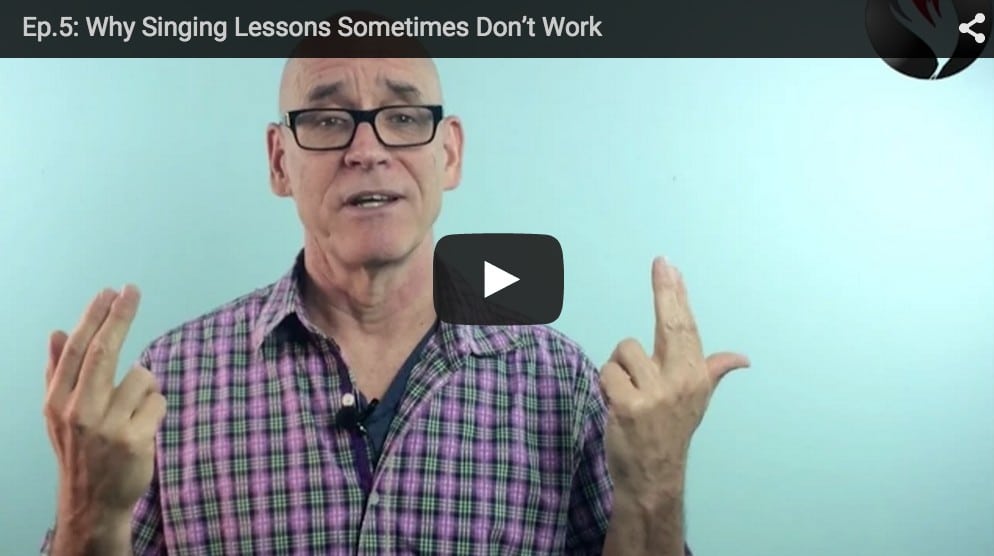

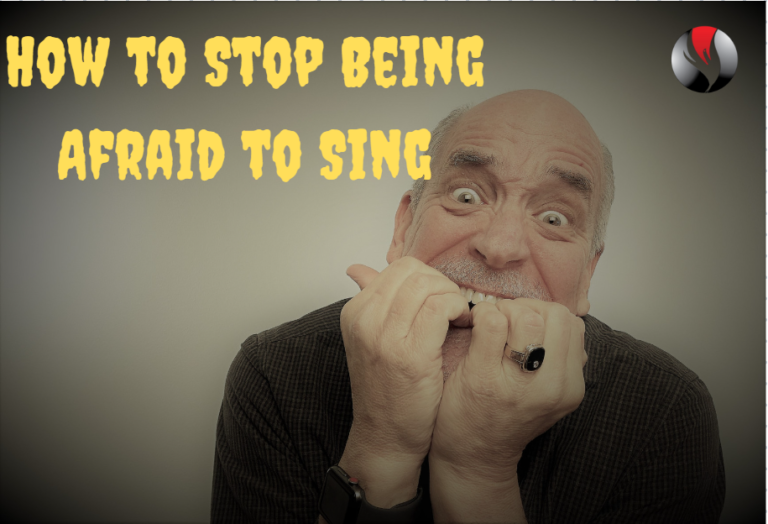
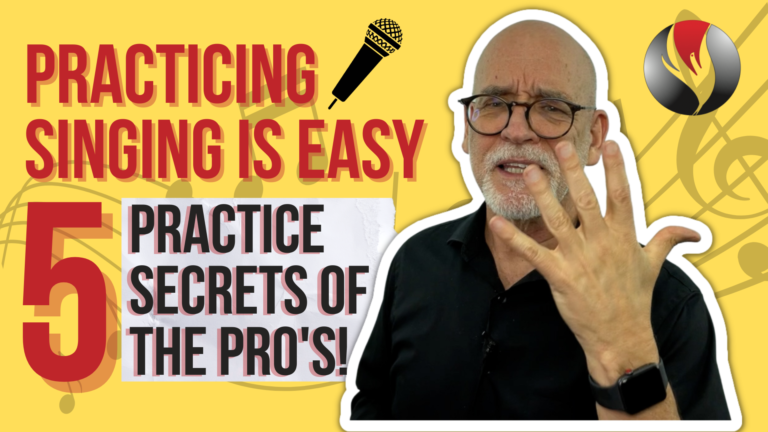
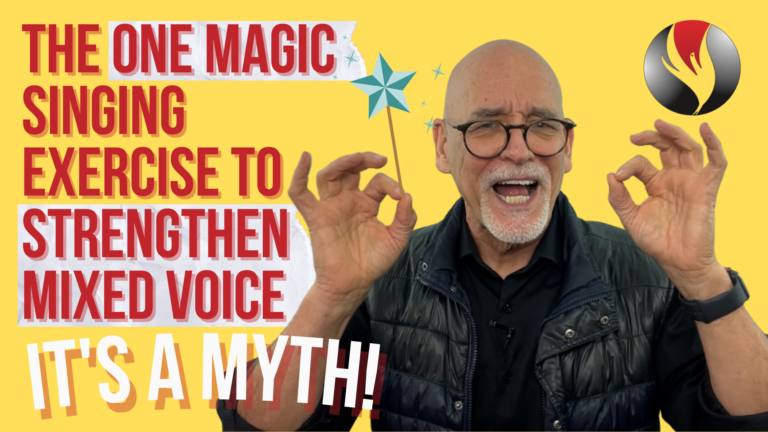
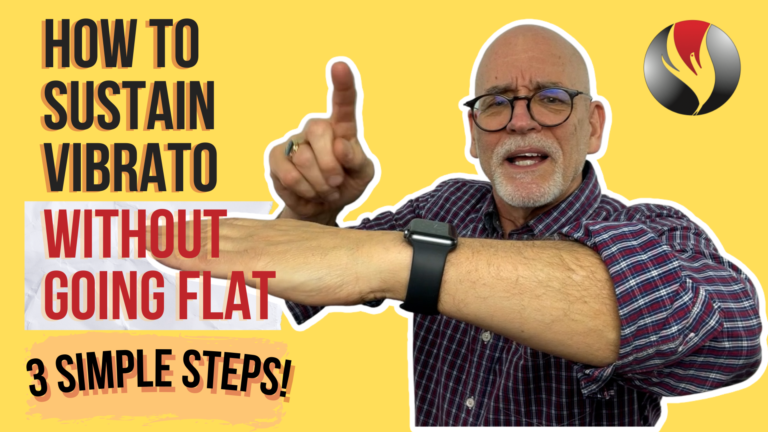
Responses